What Is #2 Heating Oil?
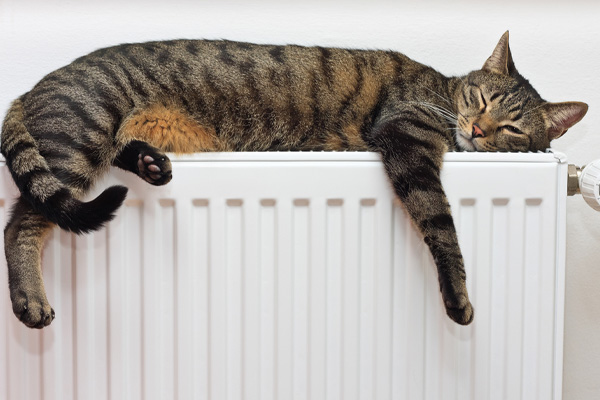
Winter can be quite a difficult time for some U.S. regions. Therefore, reliable heating is needed to ensure your household’s safety and comfort. Furnace tune-ups and stocking up on heating oil are essential as well. However, there are various types of heating oil that have their own characteristics and use. The most common kinds of heating oil are kerosene, #1 heating oil, and diesel fuel. #2 heating oil is the most crucial one for home heating needs.
What Are The Different Types Of Heating Oils?
Contents
Fuel oils are byproducts of crude oil. It undergoes a distillation process, with different types coming from various stages. Fuel oils can produce a lot of heat during furnace combustion. These distillates have different weights because of the various refinement degrees they went through. Here are the common fuel oils listed from lightest to heaviest:
1. Kerosene

Kerosene is the lightest fuel oil is made through the refinement and filtration of #1 fuel oil. As a result, this fuel oil has a clean burn that makes it safe to use inside. It has features such as low viscosity and boiling point. This type is frequently utilized as a power source for portable heating units. For instance, it is used in new construction sites and other places where there are no furnaces installed. Kerosene is also commonly used during camping trips and power blackouts. After all, kerosene-powered lamps can last for long periods. Some are even equipped with odor suppressors and beautiful designs.
2. #1 Fuel Oil
Many similarities can be expected between kerosene and #1 fuel oil. After all, kerosene is a derivative of #1 fuel oil. Some of their differences are that Number 1 fuel oil is a little heavier, has more impurities, and has a higher viscosity. This is because this fuel oil has less processing time. Its common applications are in portable stoves and heaters for outdoor use. They are not suitable for indoor use because they do not have a clean burn. The exhaust fumes it emits can be toxic when breathed in. Using it outside means the impurities are diluted in the air, so it is not as harmful.
3. Diesel Fuel
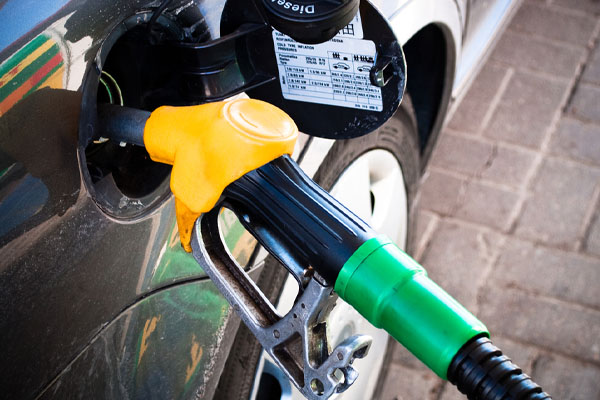
This is probably the most familiar as this fuel oil is widely used in the country. It has two types, namely, untaxed and taxed. The former is easy to recognize because of its red color. They are typically used in off-road vehicles and construction equipment. It contains low sulfur, so it is considered an eco-friendly liquid. On the other hand, taxed diesel has a natural light green tone because it doesn’t contain any dye. It is mostly used for cars and trucks. What makes these two types differ from one another is their prices. Diesel can be blended with Number 1 fuel oil if you want to use it for residential heating. This is because doing so helps lessen the sludge formation during winter. However, you should consult a heating technician before using this mix.
4. #2 Fuel Oil
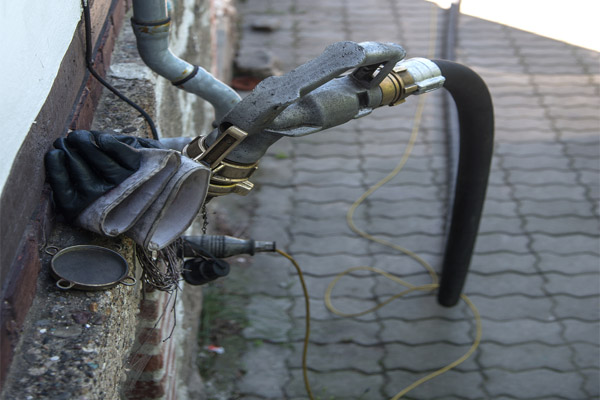
Essentially, diesel oil and Number 2 fuel oil have the same chemical composition. Their primary difference is how they are used. Number 2 fuel oil is tax-free so that the prices are kept low at all times. This is because it is used for home heating, making it a vital need every winter. It is used in boilers and furnaces and has the same red dye as untaxed diesel fuel. Since it is used for residential heating, many call it home heating oil.
Number 2 fuel oil is often blended with #1 fuel oil. This allows it to have lower viscosity and higher efficiency levels. Some oil companies refer to this as the home heating oil winter blend or kerosene mix.
As there are many similarities between #2 and number 1 fuel oils, they can supposedly be used interchangeably. However, this is not generally practiced. If your furnace runs out of fuel, you can go to the nearest fuel pump and buy diesel to power your furnace. It is not recommended that you do this for more than necessary because diesel is costlier than Number 2 fuel oil. However, it can be used for emergencies.
However, bear in mind that you must never use Number 2 fuel oil in your car. This is illegal, and you could end up getting charged if cops catch you using red-dyed fuel. Make sure to follow the law and use each fuel oil for its intended use at all times.
#2 Fuel Oil For Home Heating
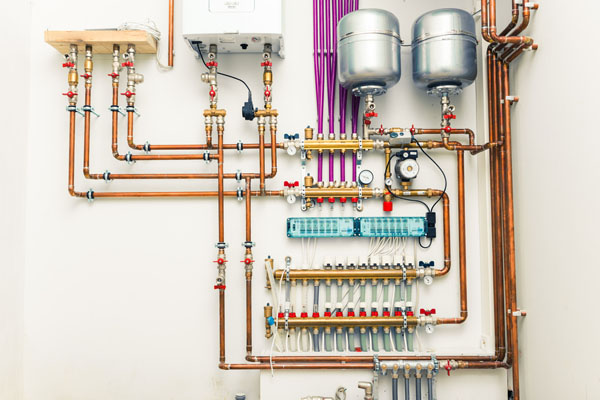
Number 2 fuel oil is the most commonly used fuel oil out of all the above heating oil options. This is because it generates the largest amount of heat, as can be attested by its British Thermal Unit (BTU) rating.
During fuel oil delivery, companies send trucks filled with #2 fuel oil. The delivery personnel will also inform their clients if they have other blends that may be more fitting to use, depending on the regional temperatures and the home’s oil tank. You might have an aboveground tank installed in your home. If this is the case, it is exposed to the cold weather, so you can opt to use a blend of Number two and Number 1 fuel oils. When blended in different ratios, it creates a mixture that is less likely to form sludge. If you are looking for a mix with a cleaner burn, you can use a blend of kerosene and Number 2 fuel oil.
Call R.F. Ohl For Fast & Affordable Heating Oil Deliveries
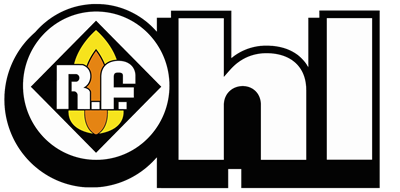
R.F. Ohl is a reliable HVAC company and supplier of heating oil. We offer the most competitive heating oil prices in the region, and our deliveries are always completed in a timely and efficient manner. We offer many different delivery plans and financing options so that you can customize your heating oil deliveries to fit your needs. In addition, we employ only experienced, licensed HVAC technicians to complete any necessary heating tune-ups and repairs so that you can reduce your overall energy costs.
At R.F. Ohl, we provide and state-of-the-art HVAC repairs, replacements, tune-ups, and installations. Our professionals have the knowledge and experience to offer you practical and reasonably priced solutions for all your home comfort needs.
Contact R.F. Ohl as soon as possible, and we will be happy to schedule a complimentary, in-home estimate of your HVAC system. Likewise, call us today to find out more about our fuel deliveries.
Click here to contact us today or give us a call at (610) 377-1098 if you have any questions.